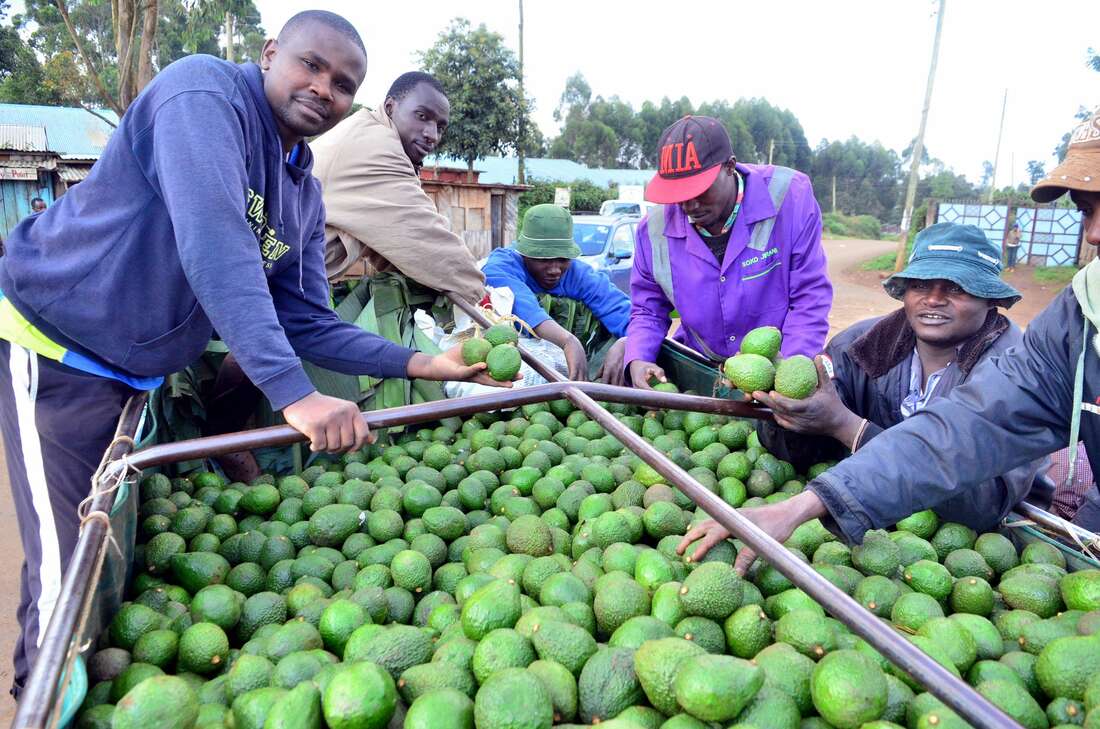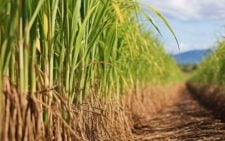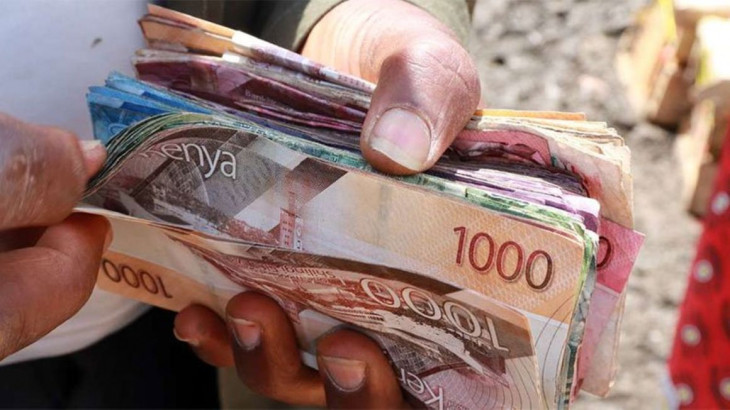Tough balancing act as Kenya eyes increased exports

It will be a tough test for Kenya in its ambitious plan to improve the export volumes of at least eight prioritised value-chain products whose brands are currently being positioned for the international market, especially European Union.
The products include value-added tea, coffee, dairy, meat and related products, leather and related products, textile and apparel, edible oils, and blue economy that the government earmarked for promotion through Kenya Export Promotion and Branding Agency (KEPROBA).
However, some of these items, save for tea and coffee, are already facing high export levies or domestic shortages, leaving the country hugely dependent on importations to bridge the gaps in the production of the same targeted products.
Countries are always keen on building surplus production before eyeing export markets. A periodic milk shortage has for instance, forced Kenya to severally get extra supplies from neighbouring Uganda.
This implies that should the shortage trend persist, leading processors could find it unsustainable to serve the external market with the dairy products like cream, butter and ghee.
KEPROBA, the state agency mandated to promote local brands, has been expanding market access, setting up a digital platform to link exporters to global buyers. The platform has so far attracted close to 300 Kenyan sellers, but there are “just a few buyers” from the external buyers, according to Hilda Ogada, brand and marketing manager, highlighting the slow uptake of Kenya’s products.
“There is a huge market in the EU waiting for Kenyan products but as you trade with us, you need to ensure that everything you produce is sustainable. We have strict EU regulations that must be adhered to and consumers’ preference is important. You will find that our consumers are more sustainability focused,” says Martijin Boelen, EU Trade Counsellor Delegation to Kenya.











